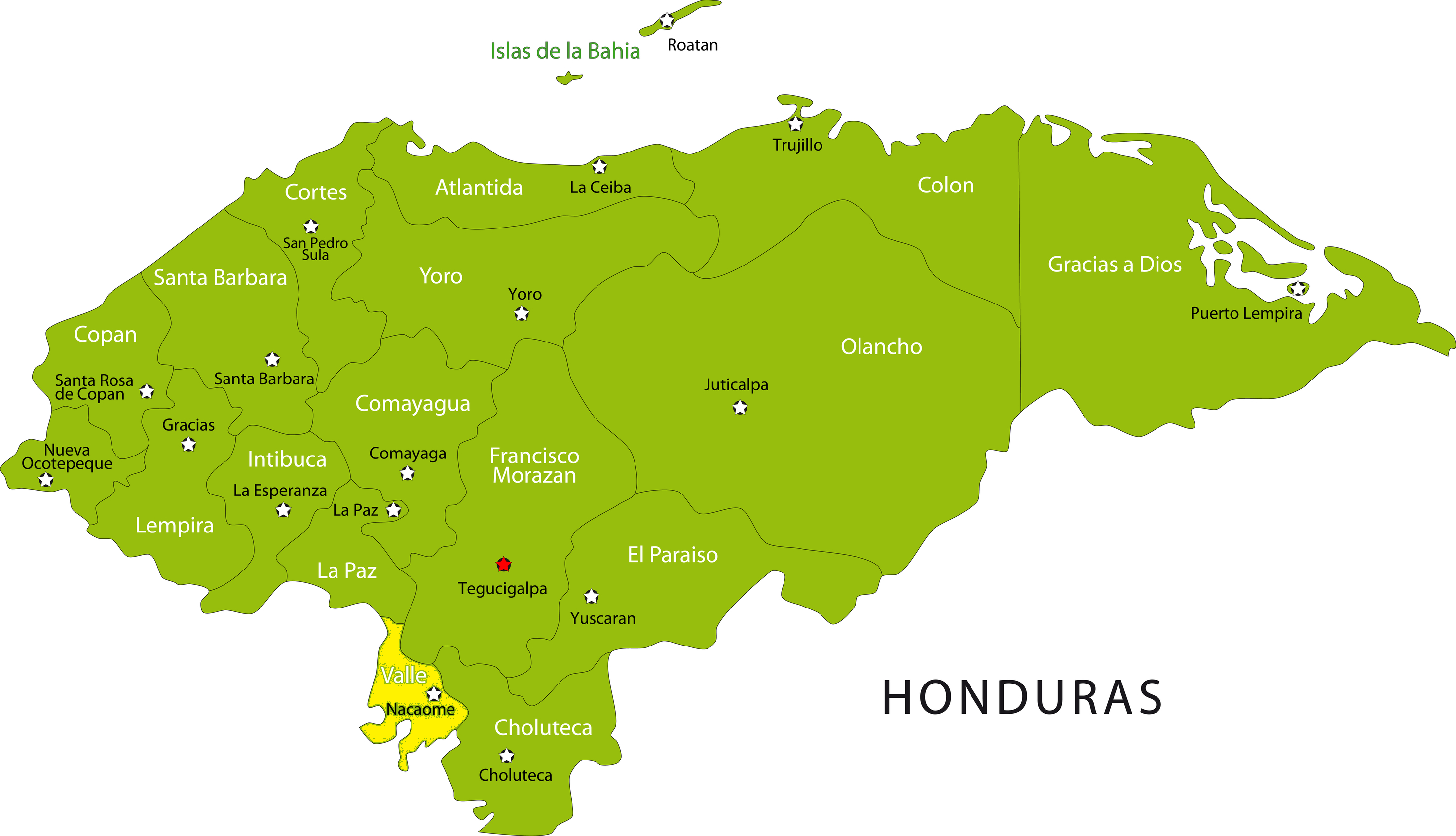El Picacho, Honduras
![]()
![]()
![]()
![]()
![]()
![]()
![]() Click on Programs to learn more about their work in this community
Click on Programs to learn more about their work in this community
General Information
| Population* | 500 |
| Number of homes | 63 |
| Avg # of people per home | 8 |
| Primary Occupations | Agriculture, primary caretakers |
| Water System |
No |
| Community Bank | No |
| Electricity | Yes |
| Corresponding Health Center | CESAMO El Picacho |
| Common Illnesses | Zika, Diarrhea, Hypertension, Chikungunya, Common Cold, Arthritis, Diabetes, Cough |
| School Access and Distance |
Elementary: 160 students Kindergarden: 8 students |
| GPS |
N 13° 36' 644" W 87° 35' 624" |
| Municipality | Langue |
| Department | Valle |
| Distance from compounds | 56 kilometers |
* Population does not reflect how many patients will be seen on medical
brigades as many people from surrounding communities come seeking
Medical Brigades medical attention.
Top Needs Expressed
The top needs expressed by the community members are:
- Water Construction Project
- Health and Medication
- Public Health Construction

El Picacho has a kindergarten with 1 teacher and 8 students. In addition to the kindergarden, there is a 6-classroom elementary school, José Trinidad Reyes, that has 6 teachers for 160 students.
El Picacho currently has a well system for their water. There is one public well where most of the community members obtain their drinking water. There are also 8 private wells, however, no water source available to build a public water system.
El Picacho has a health center in their own community, CESAMO El Picacho. There are two community health workers that serve this community, however, they do not receive training or any assistance from that health center.
There are many preventable diseases prevalent that could be helped from more sanitary in-home infrastructure. There are only 23 homes that have a working latrine. None of the homes have clean water pilas or in-home bathrooms. There are quite a few homes with concrete floors which help prevent parasital and fungal infections within the home, however, respiratory diseases are still a large issue as only 23 of the homes have eco-stoves. The remaining 40 households have traditional stoves which relsease smoke into the homes and use up a lot of wood.
Agriculture is the main industry in El Picacho, however, most of the crops raised are for feeding the members of the community, not to sell. There is virtually no income and without a community bank, there is no opportunity for investment or savings. The first task of the community bank will be generating enough money to purchase a water source capable of supplying the entire community with water.